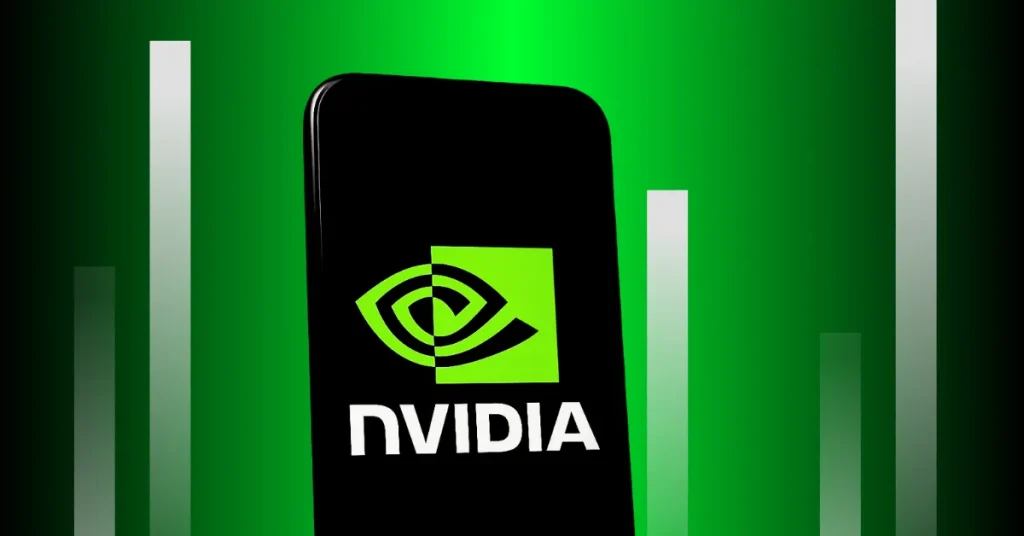Fact Check: Is NVIDIA Really Preparing a Massive Bitcoin Purchase?

The post Fact Check: Is NVIDIA Really Preparing a Massive Bitcoin Purchase? appeared first on Coinpedia Fintech News
Recently, social media has been buzzing with claims that NVIDIA, the world’s leading AI chipmaker, is preparing to announce a massive Bitcoin purchase. The rumor caught fire across X and crypto influencer circles, where several accounts hinted that the company is planning to “add Bitcoin to its balance sheet,” potentially marking one of the largest corporate BTC entries since Tesla.
But how true is this claim? Here is an in-depth fact-check to clarify the situation.
Where Did This Claim Come From?
The rumor began circulating on November 7, 2025, after several influencer accounts, including Whale.Guru, suggesting NVIDIA is preparing to add Bitcoin to its corporate balance sheet in a significant way. The idea captured the community’s imagination partly because NVIDIA produces essential GPU hardware used in cryptocurrency mining.
But how credible is this claim, and what do the facts say?
Fact Check: What Do the Facts Show?
No Official Confirmation of Bitcoin Purchase
NVIDIA has not publicly announced adding Bitcoin to its balance sheet. The company’s latest official releases and investor communications do not refer to any Bitcoin holdings or purchase plans.
Past Speculation but No Executed Transactions
Speculative discussions about NVIDIA possibly investing in Bitcoin surfaced earlier in 2025, but these remained unconfirmed, and no filings or transaction records support any such move.
Absence of On-Chain Purchase Evidence:
Massive Bitcoin purchases typically leave on-chain footprints visible to analysts and the public. Coinpedia’s research confirms that no such large-scale Bitcoin transactions have been linked to NVIDIA.
Focus on Core Business
NVIDIA’s public focus remains on AI, gaming, and semiconductor innovation, notably deploying significant AI data center capacity in partnership with firms like OpenAI. No credible source indicates a Bitcoin purchase fits their near-term strategic plan.
Summary Table: Coinpedia’s Evidence Against the Theory
| Claim Made by Theory | Coinpedia’s Counter-Evidence |
| NVIDIA will soon announce a large Bitcoin purchase |  No official announcement or proof from NVIDIA supports this. No official announcement or proof from NVIDIA supports this. |
| Social media sources cite insider info |  Unverified speculation with no official basis. Unverified speculation with no official basis. |
| NVIDIA is involved in cryptocurrency mining hardware |  NVIDIA supplies critical GPUs used in mining and AI sectors. NVIDIA supplies critical GPUs used in mining and AI sectors. |
Conclusion
| Claim | NVIDIA is about to announce a massive Bitcoin purchase. |
| Verdict |  False False |
| Fact-Check by Coinpedia | According to Coinpedia’s expert research and analysis, there is no verifiable evidence or official confirmation supporting the claim that NVIDIA is preparing to buy Bitcoin in large quantities. |
Never Miss a Beat in the Crypto World!
Stay ahead with breaking news, expert analysis, and real-time updates on the latest trends in Bitcoin, altcoins, DeFi, NFTs, and more.
You May Also Like

Google's AP2 protocol has been released. Does encrypted AI still have a chance?

Ozak AI Presale Moves Into Phase 6 With Price Reaching $0.012, Gains Top 1,100%
